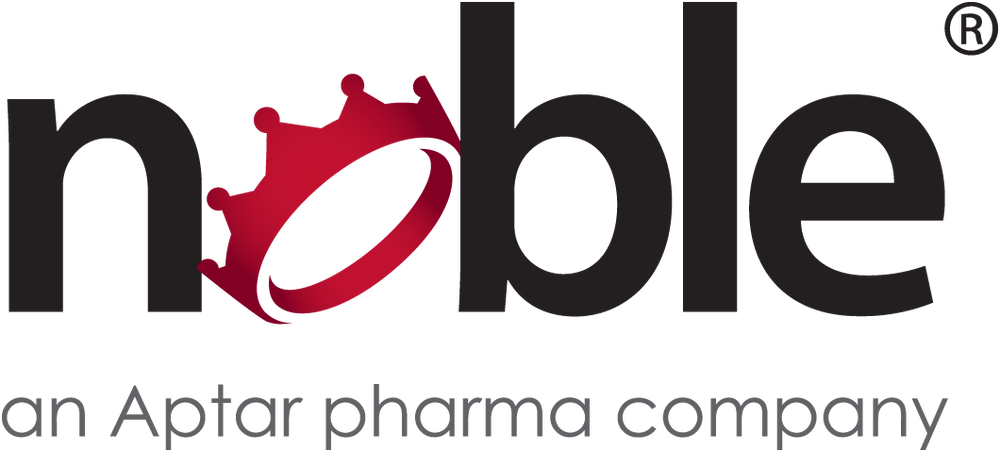ORLANDO, Fla. (April 30, 2020) – Telemedicine is poised to become a mainstream alternative to the traditional in-person methods of care delivery, with the COVID-19 pandemic easing barriers to acceptance and introducing patients to the safety and convenience of telehealth technology. But, when it comes to health care professionals prescribing self-injecting medications to treat chronic illnesses such as ulcerative colitis or rheumatoid arthritis, training devices for at-home use need to be a part of the protocol.
A nationwide survey conducted in mid-March explored how Americans perceive telehealth in the new era of COVID-19 and how it might impact their approach to telehealth in the future. Nearly 60% of respondents indicated that COVID-19 made them more likely to consider using telehealth services in the future. Yet, over 40% expressed concerns about the ability to get proper treatment or diagnosis in a virtual setting.
This concern is well-placed, especially for patients with chronic conditions who must self-administer their medication at home. Nearly half of patients who self-inject receive no training on how to properly do so, according to a study conducted by Noble, an industry leader in developing training devices and onboarding solutions for patients who self-administer their drug therapies. The study found that:
- 84% of these patients make errors when using their autoinjector devices
- 74% of patients discontinue their biologic medication at least once
- 45% of patients skip or avoid their injections due to fear or anxiety
Noble manufactures autoinjectors, prefilled syringes, onbody, nasal and respiratory training devices that mimic the exact feel, force and function of true drug delivery devices. “These training devices are critically important for patients who live with chronic illnesses and take on even greater importance as at-home and self-managed care become more routine,” said Noble Sr. Manager, Strategy & Patient Insights, Joe Reynolds. “We’ve found that training and the use of at-home training devices significantly improve the patient experience. They are more confident and less likely to abandon their treatment.”
Noble is actively developing strategies to address these concerns, including coordinated patient support programs that involve the participation of OEMs, biopharmaceutical companies and health care professionals. “Patient self-injection training must be part of the standard of care to create more confident, healthy—and ultimately, adherent—patients who self-administer,” said Reynolds.



